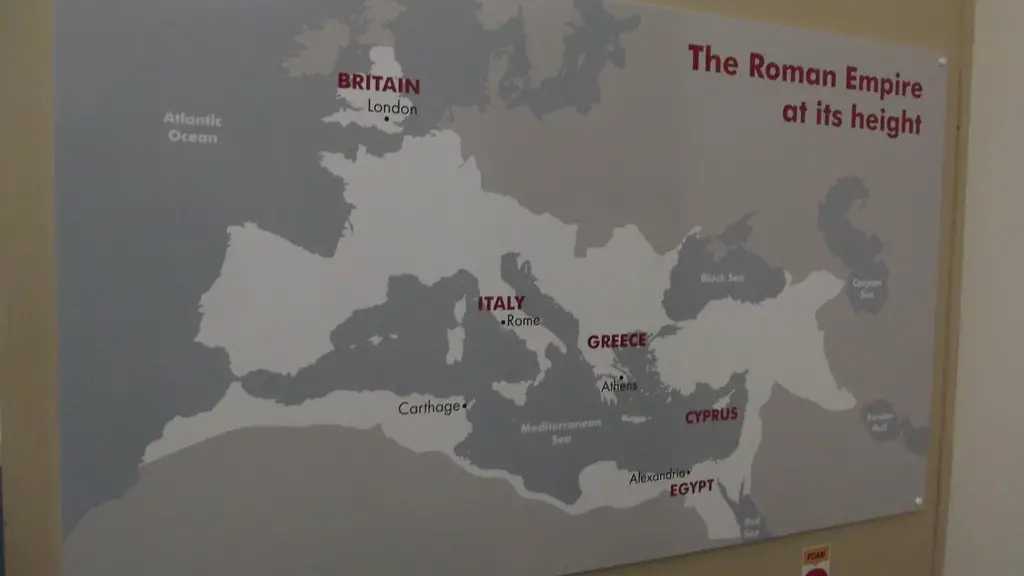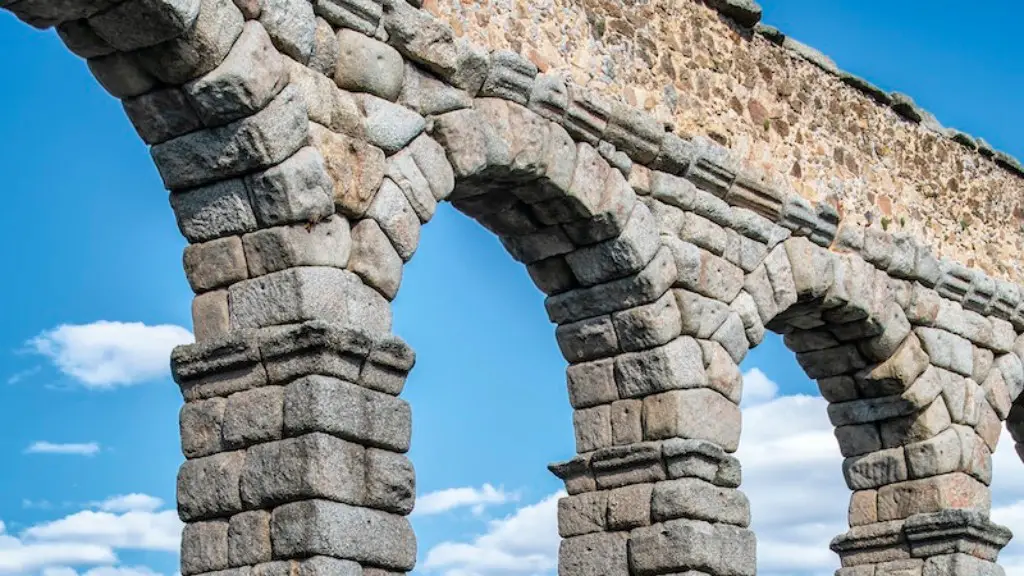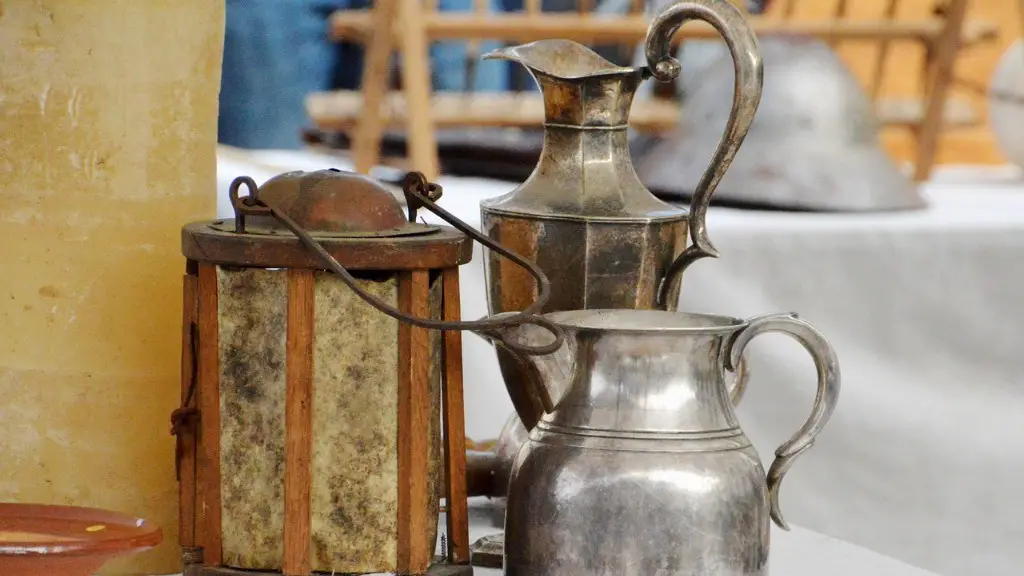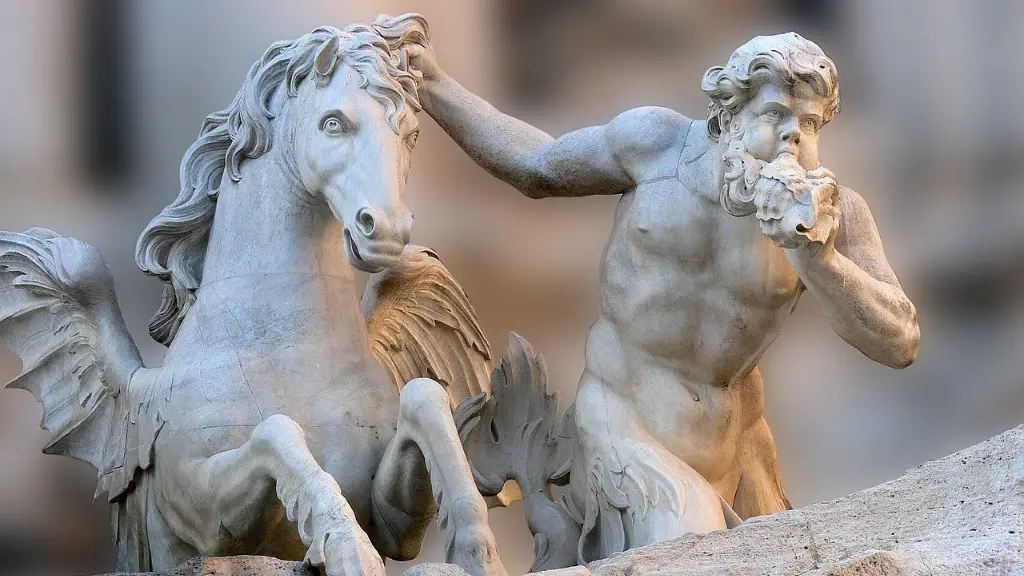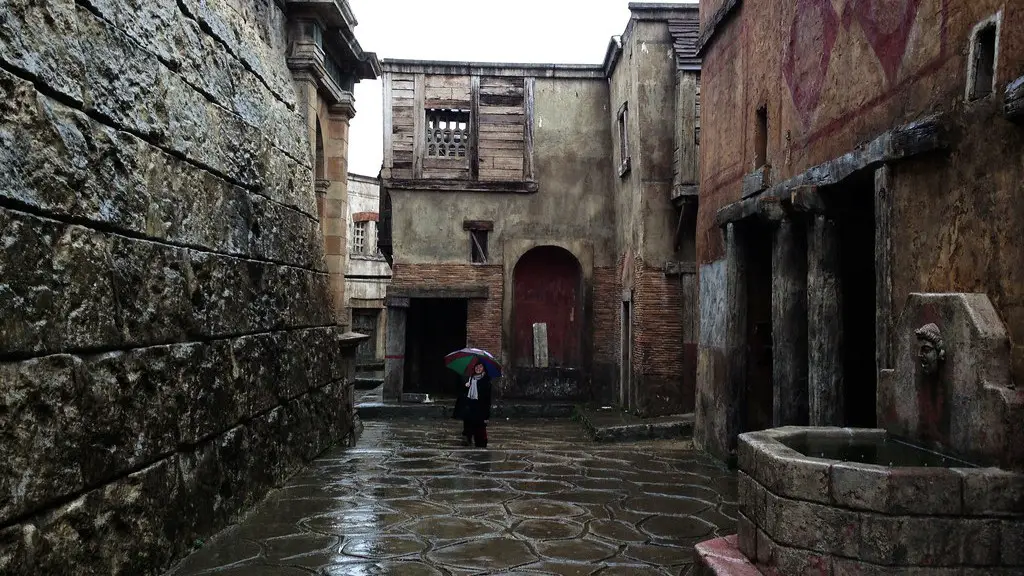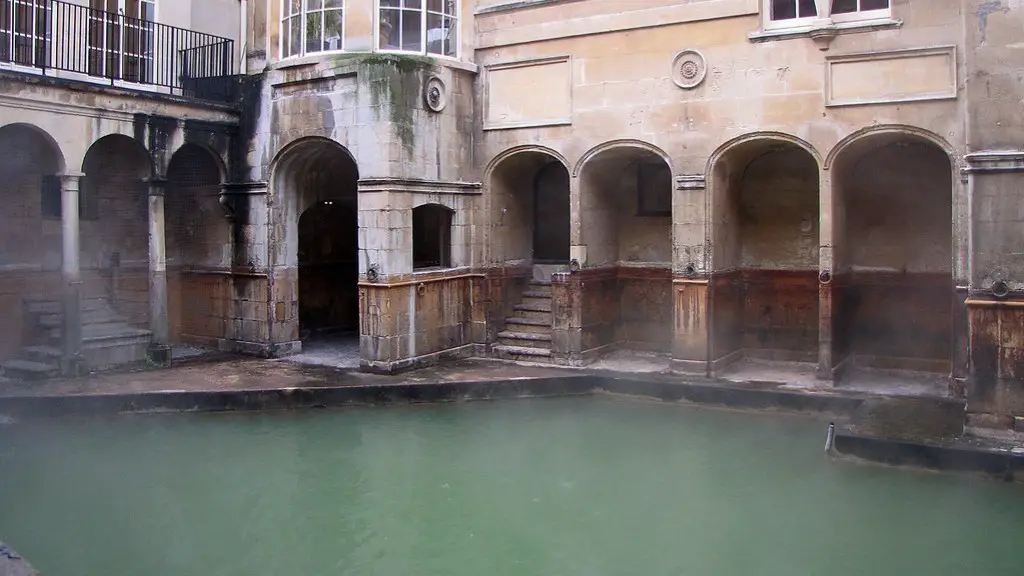Ancient Rome was a highly stratified society. It was divided into social classes, rights, and obligations that were held by every Roman citizen. Therefore, it is not surprising that magistrates were part of this division of power. In Ancient Rome,magistrates had considerable authority in different areas such as religious matters, trade and commerce, legal matters, and even military matters. Magistrates were expected to be impartial, wise, and incorruptible.
No Roman citizen could become a magistrate without an endorsement from the people. Any Roman citizen who wished to become a magistrate had to be elected by the Roman people, a process which often involved bribery and corruption. Magistrates served for a period of one year, and they received a salary but no other rewards. At the end of their term, they would be replaced by a new magistrate, chosen by the Roman people.
Although not all magistrates had the same power and authority, they were still responsible for making important decisions and enforcing the laws of Ancient Rome. Certain magistrates were more powerful than others, including the supreme magistrate known as the consul. These magistrates had the authority to issue decrees and make declarations on behalf of the people. They were also responsible for commanding the Roman army and leading it into battle.
It was not only the wealthy and powerful who could become magistrates. The Roman people also elected poor magistrates in order to bring more balance and justice to society. These magistrates often began their careers in public service and rose through the ranks by demonstrating their ability, knowledge, and integrity.
All magistrates were required to take an oath and vow of service before taking office. This oath obligated them to uphold the laws and statutes of Ancient Rome, and to serve the people honestly and faithfully. Failure to adhere to this oath could result in serious consequences and legal proceedings.
By electing wise and honest magistrates, the Roman people sought to ensure that government power was used responsibly and fairly. Magistrates were responsible for the safety and security of the people, and they carried out their duties with integrity, diligence, and honour. Therefore, they were an integral part of Ancient Roman society and a vital part of its government.
Qualifications
In Ancient Rome, not just anyone could become a magistrate. To be eligible for the role, a citizen had to meet several conditions. Firstly, they needed to be of a certain age, at least 30 years of age. In some cases, certain magistrates had to be of senatorial rank in order to be eligible for the role.
Additionally, all magistrates had to have been a member of one of the three Roman classes. This rule applied even to those who had been elected as magistrates. Roman citizens who were of a different class had to be granted special dispensation to be able to take office. Finally, all magistrates had to be free of any disabilities or deformities.
These qualifications ensured that only the most qualified, suitable and dependable citizens were chosen to serve in Ancient Rome, which provided them with the necessary skills and qualifications to perform their duties to the best of their ability.
Responsibilities
The responsibilities of Ancient Roman magistrates were extensive. They had the authority to pass laws, collect taxes, organize public games, oversee public works, and even preside over court cases. Magistrates also had the power to grant pardons and amnesties, and to declare war or peace with the approval of the Roman people.
Various magistrates had different levels of authority, with the consul having the most power while lesser magistrates had more limited duties. Magistrates were also responsible for overseeing the daily operations of the city and its citizens. This involved ensuring that the laws of Ancient Rome were respected and enforced, and that justice and order prevailed.
Despite their wide-ranging authority, magistrates were still subject to certain limitations. For example, they were not allowed to impose punishments or impose fines without approval from the Roman Senate. Furthermore, magistrates could be subject to prosecution if they were found to have abused their power.
Conclusion
Ancient Rome was a complex society with a highly stratified system of government. Magistrates were an integral part of this system, with the power to pass laws, collect taxes, and enforce justice. The qualifications for becoming a magistrate were stringent, and the responsibilities were many. While some magistrates had more power than others, all were subject to the approval of the Roman people and were held to high standards of responsibility.
Leadership
The most powerful magistrates in Ancient Rome were the consuls, who held almost absolute authority in religious, legal, and military matters. The consuls were responsible for leading the Roman army in battle and ensuring that justice was enforced throughout the empire. They were expected to keep order in society and maintain the public good. The consuls also had the power to pass decrees and ratify agreements with foreign powers.
The consuls were elected by the Roman people and served for a period of one year. Although the consuls had considerable authority, their power was balanced by the Rome Senate, which had the authority to overrule the consuls’ decisions. Furthermore, the consuls could be removed from office if they were found to have abused their power or violated the laws of Ancient Rome.
The consuls were expected to demonstrate leadership, wisdom, and courage in their daily duties. They were also expected to be able to make quick and informed decisions when faced with difficult situations. Furthermore, the consuls were expected to act in the best interests of the Roman people and to be fair and just in their judgement.
Influence
The influence of magistrates in Ancient Rome extended beyond their local communities. Magistrates had the power to pass laws that affected the entire empire and had an immense impact on Roman society. Being a magistrate was a prestigious position and a great honour, as it was believed that the magistrate was chosen by the gods to lead and protect the people.
Magistrates had far-reaching influence over the lives of Roman citizens, and they had a duty to ensure that justice was preserved. This involved evaluating court cases, hearing disputes between citizens, and ensuring that the laws of Ancient Rome were respected and upheld. Magistrates were also expected to settle disagreements between citizens and resolve any civil or criminal disputes that arose.
Magistrates were held in the highest regard in Ancient Rome, and their contributions to the city were widely praised. Those who served as magistrates were considered to be wise, honest, and honourable, and their decisions were respected by the Roman people.
Legacy
The legacy of magistrates in Ancient Rome is still felt today. Although the Roman Empire has long since been disbanded, the concepts of justice, law, and democracy that magistrates upheld are still relevant in modern society. The responsibility of magistrates to ensure the safety and wellbeing of citizens, and to uphold the laws of the state, is something that remains powerful and important today.
The legacy of Ancient Roman magistrates has also been preserved through history. The concept of democracy, for instance, is something that is still practiced today and traces its origins back to Ancient Rome and the power of magistrates. Furthermore, many of the practices, procedures, and laws that were upheld by magistrates have been adopted and adapted by modern society.
The influence of Ancient Roman magistrates has been far-reaching and enduring. The concept of justice and fair play that they sought to uphold is still relevant in modern society, and their legacy continues to shape our views on democracy and the responsibility of the state to its citizens.
